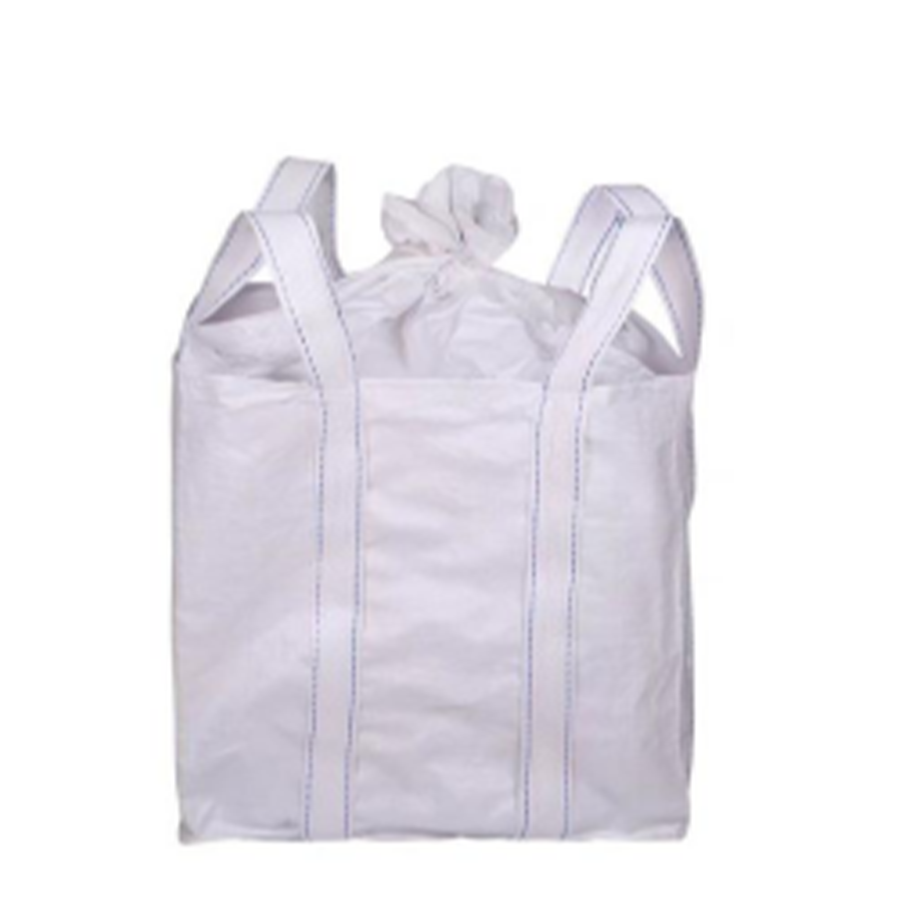High strength: Polypropylene and polyester fibers have extremely high tensile strength and tear strength, able to withstand the weight of heavy cargo and the impact during loading and unloading.
Durability: These materials have good wear resistance and weather resistance, can resist the erosion of various environmental factors such as ultraviolet rays, moisture, chemicals, etc., and maintain a long service life.
Lightweight: Compared with traditional packaging materials such as wood or metal, polypropylene and polyester container bags are lighter, easier to handle and operate, and reduce labor costs during loading and unloading.
Good sealing: FIBC are usually equipped with heat-sealed or sewn seals, which can effectively prevent the goods from being scattered or contaminated during transportation.
Environmentally friendly: Most of these materials are recyclable, helping to reduce environmental pollution and waste.
Flexibility: FIBCs made of polypropylene and polyester fibers can be made into different sizes and shapes as needed to accommodate goods of different specifications and shapes.
Safety: Container bags made of high-strength synthetic fibers are safer during transportation because they are not easily broken or damaged, reducing the risk of cargo loss.
Cost-Effectiveness: While polypropylene and polyester may be slightly more expensive than some traditional materials, they are generally considered more cost-effective options given their durability and reduced maintenance costs over time.
In summary, high-strength synthetic fiber materials such as polypropylene and polyester fiber are common choices for Loading And Unloading Port Container Bags because of their high strength, durability, lightness, good sealing, environmental protection, flexibility, safety and cost Benefits and other advantages.

